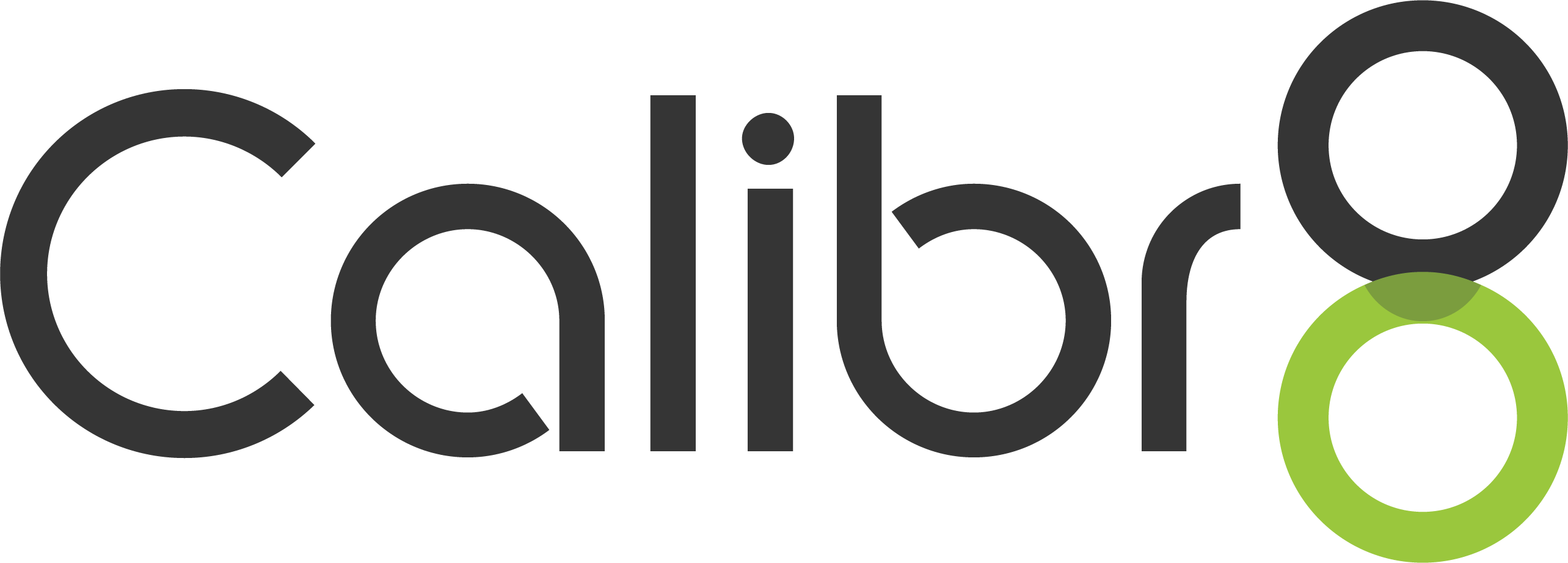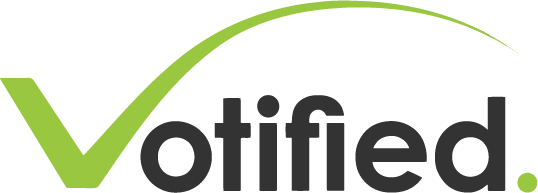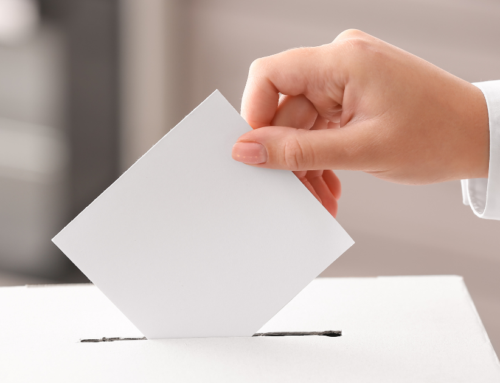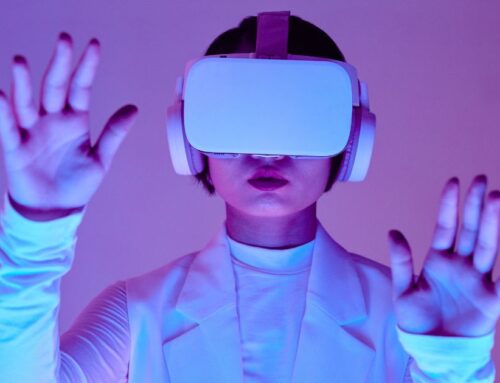Read time: 3 mins
We’re pleased to share the findings about American views of artificial intelligence from the first Hudson Pacific–Logit Group Poll, a new effort to understand how US citizens are navigating these turbulent times.
Key Takeaways
- AI users tend to view the technology more positively, with frequent users expressing optimism about its quality-of-life benefits, while infrequent users are more concerned about societal risks.
- Support for AI regulation is strong and bipartisan, with 78% of Americans favoring stronger oversight—even at the expense of innovation or global competitiveness.
- Healthcare is seen as a promising area for AI, with more respondents believing AI will improve medical care than harm it.
- Concerns about job loss and data privacy are widespread, with many fearing negative impacts on employment and personal data security.
AI Users Have a More Favorable Opinion of the Tech, but a Large Majority Still Favor Regulation
Despite the media attention, consumer AI use is still relatively limited. Nearly half of respondents (48 percent) say they rarely or never use AI tools.
The more people use artificial intelligence, the more optimistic they are about its potential.
When asked whether AI offers the promise of real quality-of-life improvements, 77 percent of frequent users say yes, while 71 percent of infrequent users think AI poses a significant societal risk.
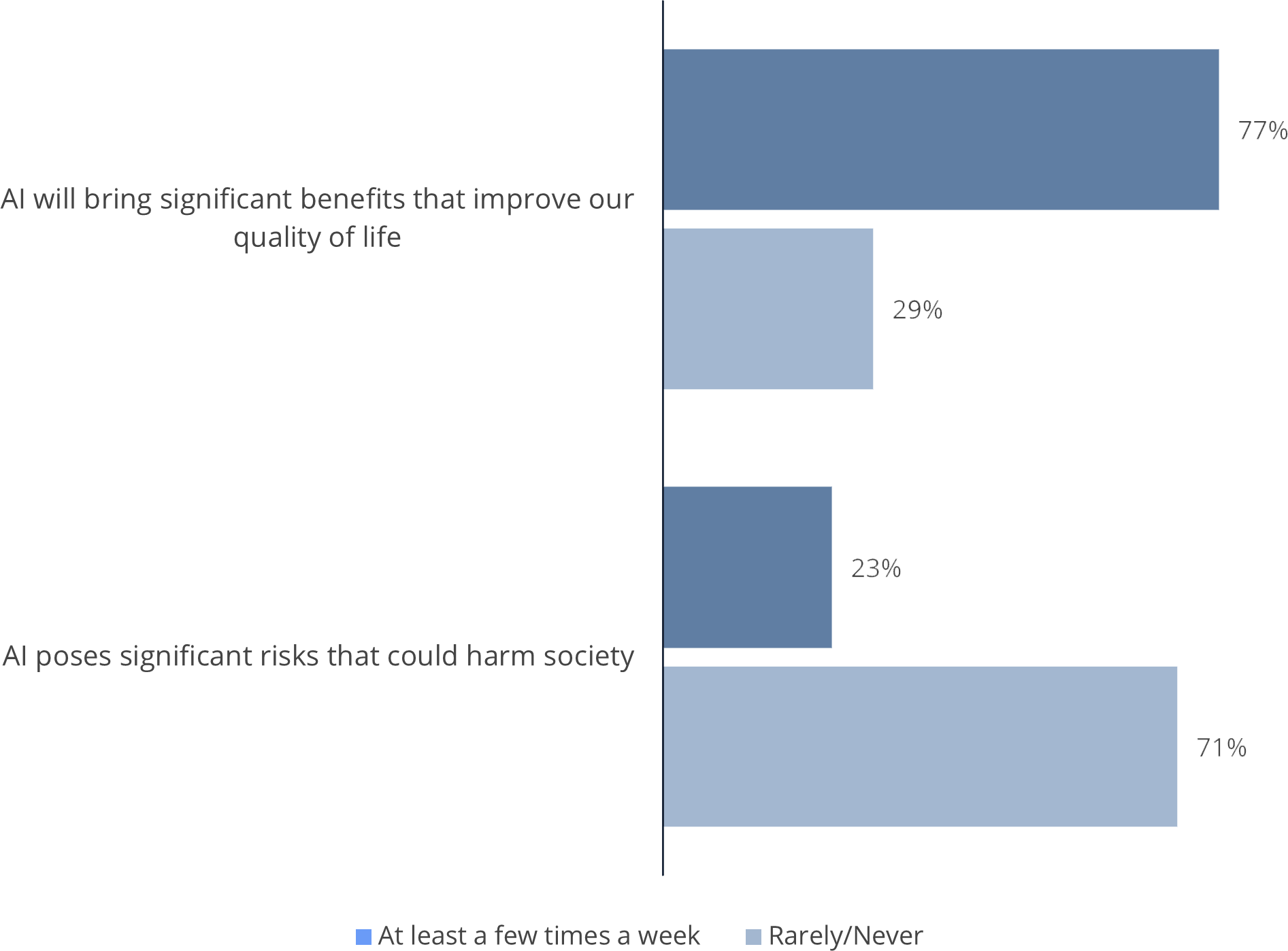
Despite these differences by AI usage, a majority agrees that guardrails are needed.
More than three quarters of both users and non-users think stronger regulation is necessary to improve safety, even if it limits innovation or introduces political interference. More broadly, 78 percent of Americans—across party lines—favor more regulation to ensure safety, even if it slows AI development. They want someone at the wheel.
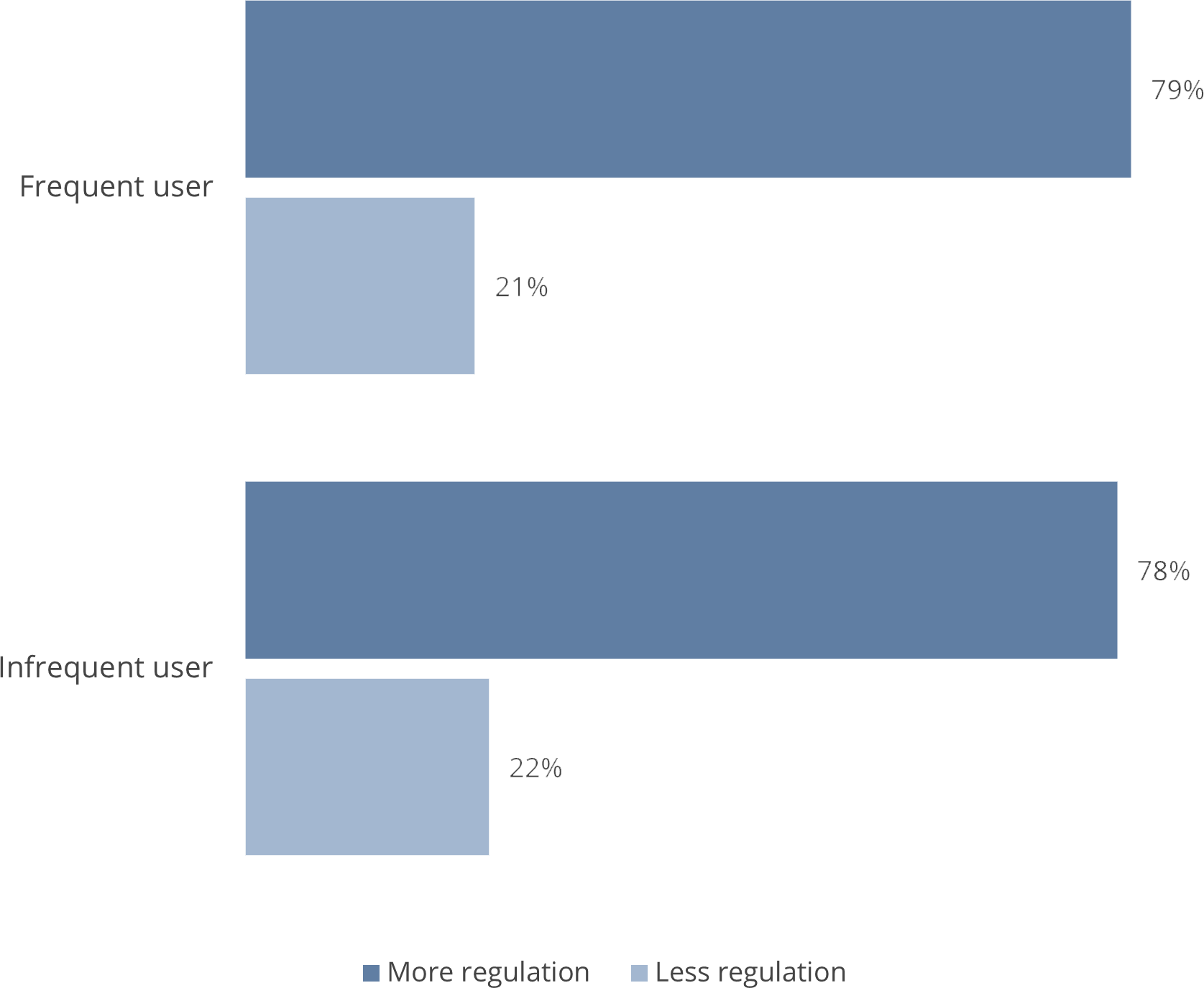
That view holds up even when AI is framed as a matter of global competition: 68 percent favor more regulation, even if it means falling behind China. Even 64 percent of Republicans favor increased regulation in the face of competition from China.
Bullish on AI Benefits to Healthcare, but Worried About Potential Personal Impacts
While people think the impact of AI on medical care will be more positive than negative – 42 percent compared with 17 percent – they think it will have a negative impact on jobs in their community by more than two-to-one (20 percent to 42 percent).
Further, nearly half of respondents (47 percent) say AI will negatively impact privacy and personal data, while only 20 percent see that impact as positive or mixed (27 percent).
These findings reveal a nuanced public perspective on artificial intelligence: one that balances optimism with caution. While AI users are more likely to embrace its potential, a clear majority of Americans—regardless of usage or political affiliation—believe strong safeguards are essential. As AI continues to shape industries from healthcare to data security, the message is clear: the public wants innovation, but not at the expense of accountability.

